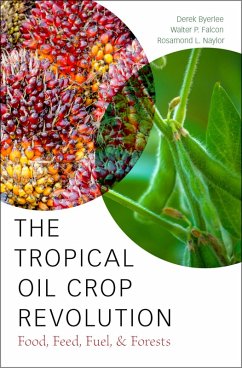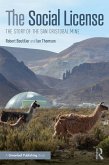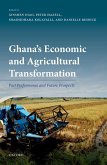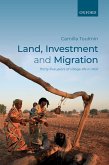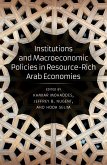Global production of soybeans and palm oil has increased enormously in the tropics over the last two decades. The Tropical Oil Crop Revolution provides a broad synthesis of the major supply and demand drivers in their production; their economic, social, and environmental impacts; and the future outlook to 2050. The planting of these crops is controversial because they are often sown on formerly forested or savanna lands, rely on large farmers and agribusiness rather than smallholders for their development, and largely supply export markets. This book provides a comparative perspective on their expansion with exports increasingly concentrated in Southeast Asia and South America. Because these crops are used for food, cooking, animal feed, and biofuels, they have entered the agriculture, food, and energy chains of many countries, linking consumers across the world to distant producers in a handful of exporting countries. This book is a profound examination of the economic, social, and environmental impacts of the oil crop revolution in the tropics. While both economic benefits and social and environmental costs have been huge, the outlook is for reduced trade-offs and more sustainable outcomes as the oil crop revolution slows and the global, national and local communities converge on ways to better manage land use changes and land rights.
Dieser Download kann aus rechtlichen Gründen nur mit Rechnungsadresse in A, B, BG, CY, CZ, D, DK, EW, E, FIN, F, GR, HR, H, IRL, I, LT, L, LR, M, NL, PL, P, R, S, SLO, SK ausgeliefert werden.

